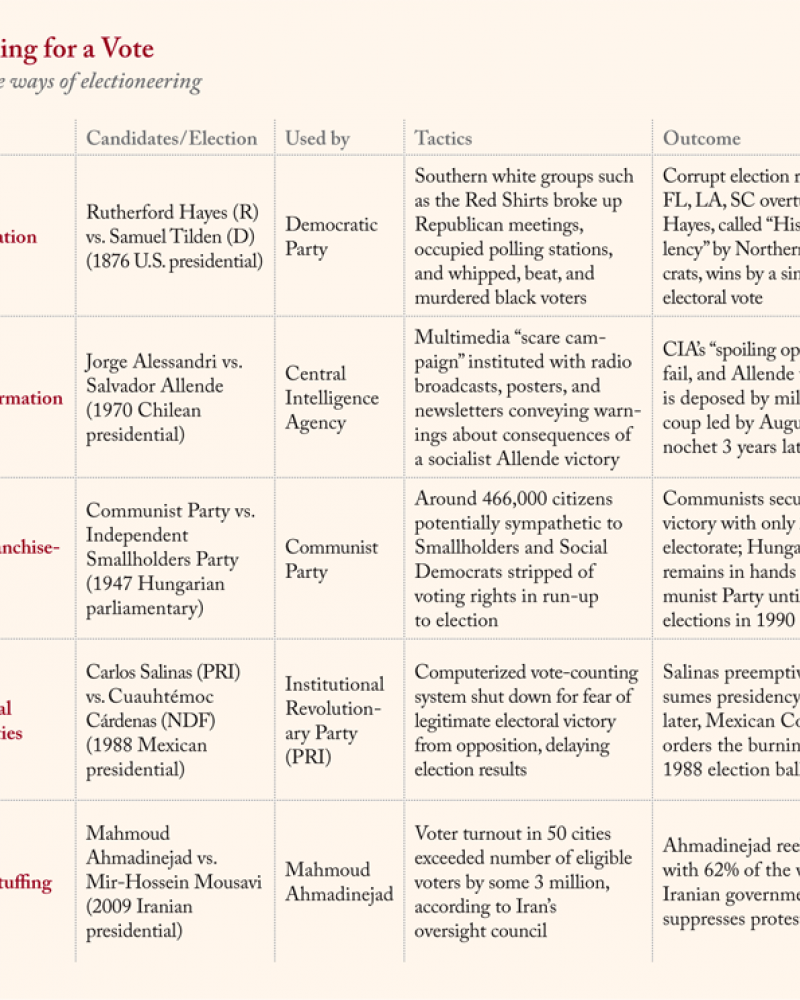Miscellany
The second of the 282 laws in the Code of Hammurabi, dating from the eighteenth century bc, states, “If a man charge a man with sorcery, and cannot prove it, he who is charged with sorcery shall go to the river; into the river he shall throw himself, and if the river overcome him, his accuser shall take to himself his house. If the river show that man to be innocent, and he come forth unharmed, he who charged him with sorcery shall be put to death.”
Miscellany
“It is truly a larger investigation than was conducted against the after-inquiry of the JFK assassination,” declared John W. Dean III to H.R. Haldeman and President Richard Nixon hours after seven men had been indicted in connection with the break-in at Democratic National Headquarters in the Watergate Hotel. “Isn’t that ridiculous,” Haldeman said, “this silly-ass damn thing.” To which Nixon replied, “Yeah, for Christ’s sake, Goldwater put it in context when he said, ‘Well, everybody bugs everybody else. You know that.’”
Miscellany
Ezra Pound began his radio broadcasts for Benito Mussolini’s Ministry of Popular Culture on January 21, 1941. Familiar with his friend’s admiration for fascism and his vocal anti-Semitism, William Carlos Williams wrote him on November 26 of that year, asking, “Can’t you see that every word you utter reveals to any intelligent and well-informed man that you know nothing at all?…You’re a wonder. Barnum missed something when he missed you.” Postal delivery to Italy was halted in December; the letter was returned to its sender. The U.S. Department of Justice indicted Pound for treason on July 26, 1943.
Miscellany
For publishing an editorial critical of John Adams’ Federalist administration in 1798, Vermont congressman Matthew Lyon became the first U.S. citizen tried under the Sedition Act. He was fined $1,000 and sentenced to four months in federal jail. He ran his reelection campaign from prison, winning by a two-to-one margin. He resumed his post upon release.
Pages


